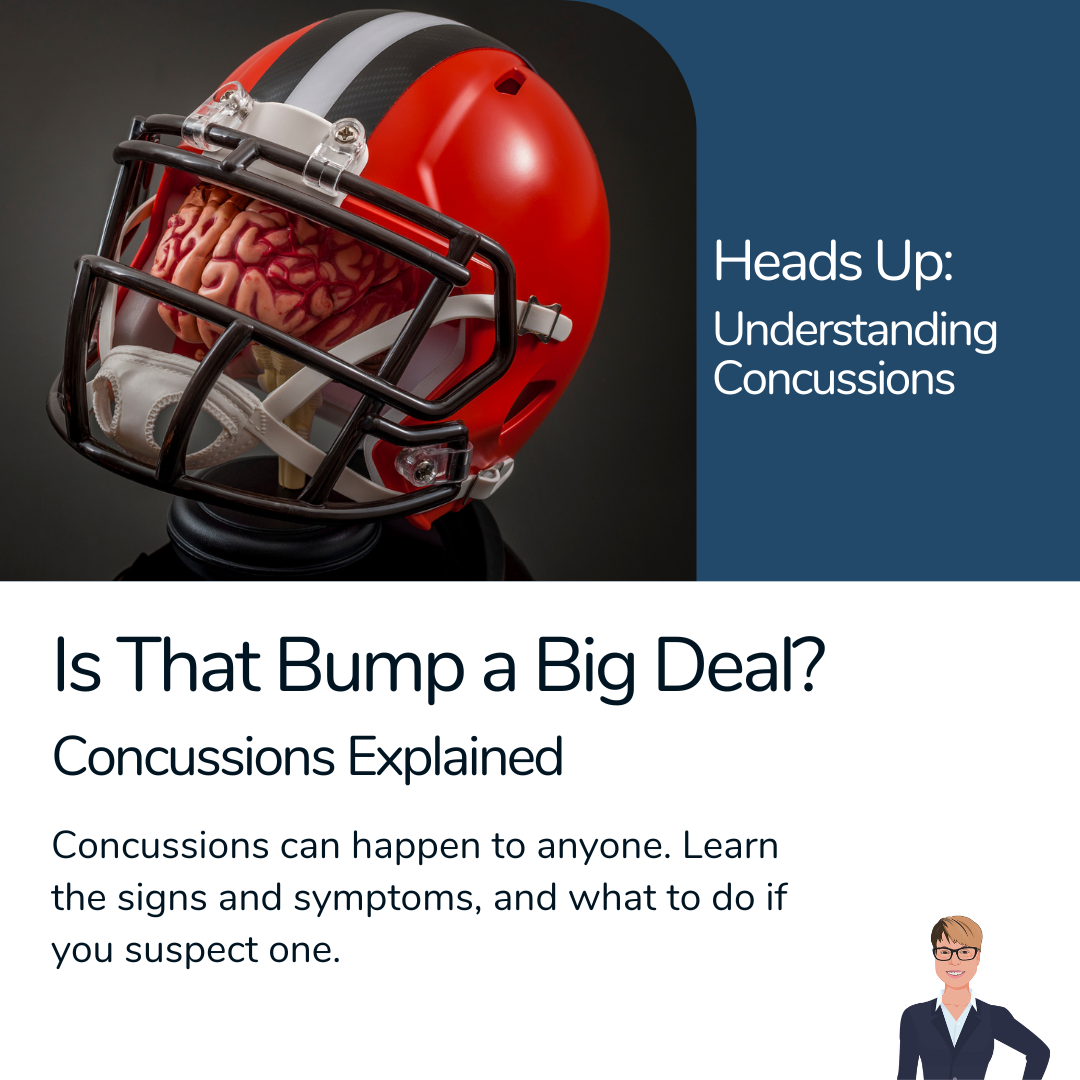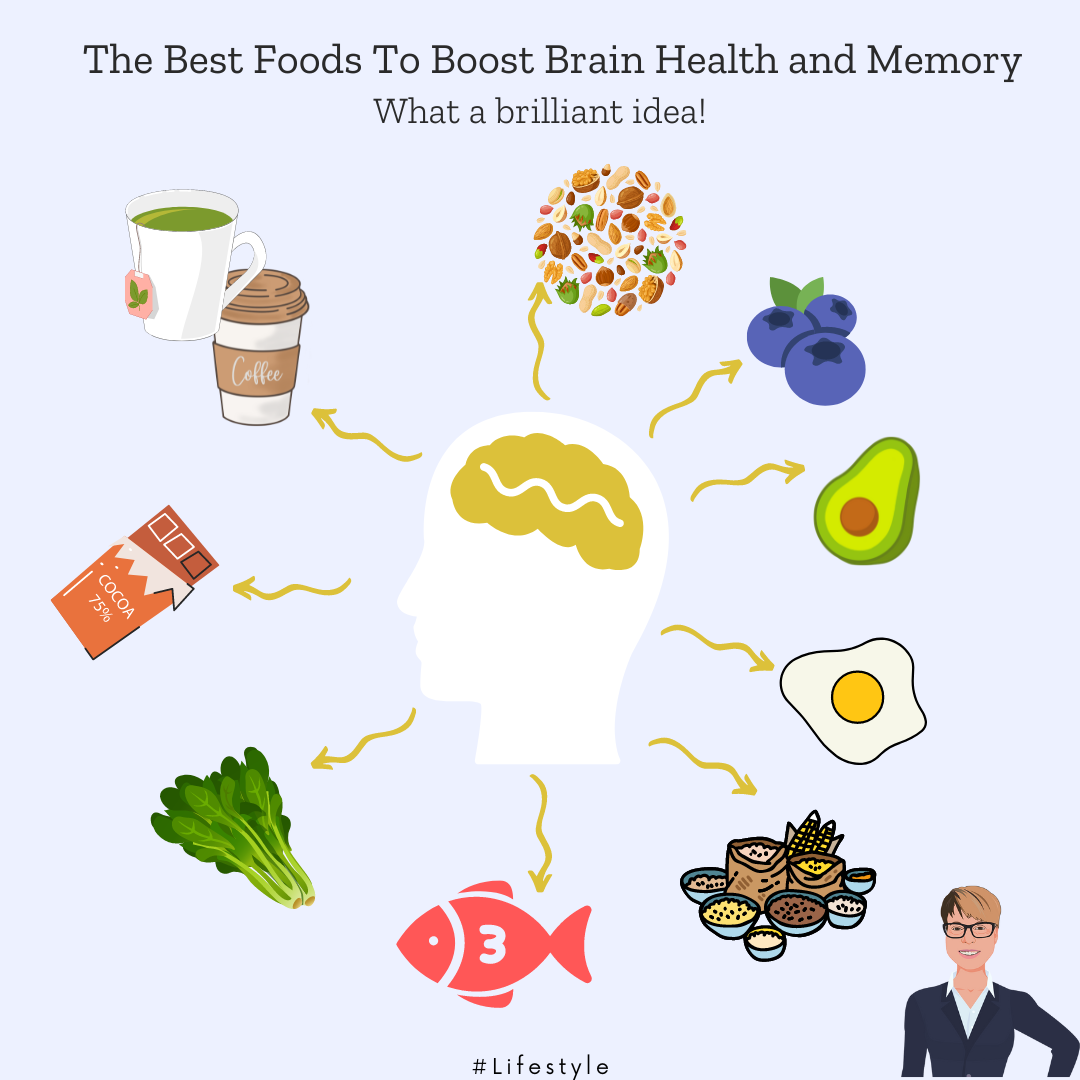Has someone in your family been recently diagnosed with Alzheimer’s? Have you been wondering how to reduce your risk? You’re not alone!
More than six million adults over 65 years old have Alzheimer’s dementia. As startling a statistic as this is, numbers are only expected to rise.
An Alzheimer’s diagnosis can seem daunting and frightening for many people. Your memory and ability to perform daily tasks slowly dwindle. You fear becoming a burden and forgetting who you are.
But it doesn’t have to end this way. There are steps you can start taking today that can reduce your risk for Alzheimer’s. As the saying goes - an ounce of prevention is worth a pound of cure.
You may have guessed that your diet plays a critical role in all of this - and you’d be right. However, it can be challenging to know where to start when implementing the fruits, vegetables, meat, and supplements that are part of a brain-healthy diet into your everyday meals.
This is where I come in! So, if you are interested in learning more about dietary changes that can reduce your risk for Alzheimer’s, be sure to read this week’s post!
Read More

















